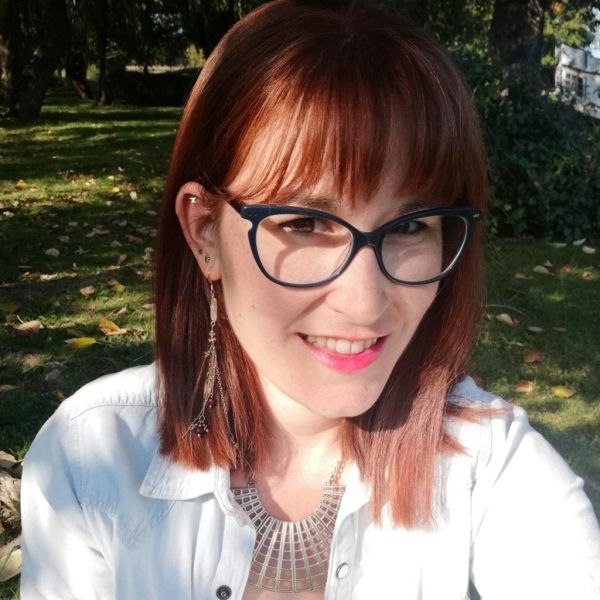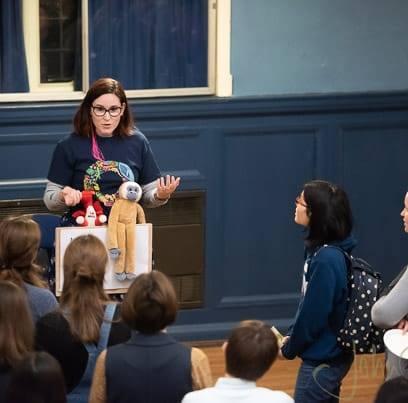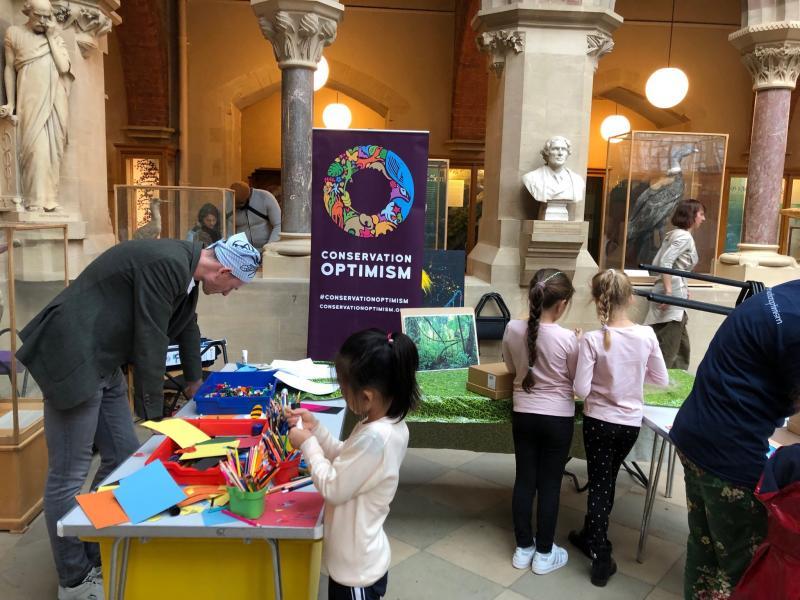Image

-
Julia Migné
Director, Conservation Optimism (University of Oxford)
- 30 Under 30
- 2021
Julia empowers people to act for nature by reframing the environmental narrative and showcasing stories of optimism.
How are you using education to build more sustainable and equitable communities?
I empower people to act for nature through my work as a science communicator. As part of my role at Conservation Optimism, I have led various educational projects.
In 2019, I helped develop a toolkit on how to frame conservation messages optimistically. The goal of this published Positive Communication Toolkit, which was produced in collaboration with Framing Matters, is to help conservationists get a better idea of how they can craft their messages in a solutions-based way and avoid falling into a doom and gloom narrative.
I also enjoy developing resources tailored for children. I started by developing a series of posters that were uploaded on our Kid’s Corner. I have since been working in close collaboration with the Oxford Museum of Natural History and the Whitley Fund for Nature to develop more resources for children. By bringing in stories of optimism from the natural world and by putting a spotlight on what conservationists are doing around the world, I hope to inspire children to take action and to show them that they, too, can become conservationists.

Tell us about your journey to where you are today.
At some point during my childhood, I became obsessed with whales and started drawing leaflets to make people in my neighborhood more aware of the threats they were facing. My grandparents would tell me that that was the start of my science communication career!
My love for nature, though, was not my only passion; writing was another of my favorite activities. At the end of high school, I suddenly faced a dilemma: should I follow my love for nature and do a biology degree or my love of writing and go to journalism school?
I decided to become a biologist. I completed a BSc. in Zoology and then kept going with an MSc. in Applied Ecology. But my childhood dream caught up with me yet again and I realized that rather than being the one doing the research, I’d prefer being the person writing about what other people were doing to raise awareness of the environmental challenges we are facing.

What advice would you give to the next generation of leaders?
Surround yourself with people who share your vision and enthusiasm. You don't have to fight for change on your own!
What keeps you hopeful for the future?
Seeing that so many people are passionate about the environment and are trying their best to make the world a better place.